This article is part of Carrier Management’s series on the Future of Insurance.
To Bobby Bowden, Executive Vice President, Chief Distribution and Marketing Officer, Allied World, the more things change, the more they stay the same. The core of the people business of insurance will remain intact even as carriers navigate new frontiers opened up by technology and globalization, he said, responding to Carrier Management’s invitation to predict the industry’s future.
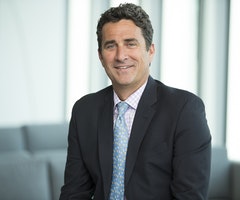 Bobby Bowden, Executive Vice President, Chief Distribution and Marketing Officer, Allied World
Bobby Bowden, Executive Vice President, Chief Distribution and Marketing Officer, Allied WorldQ: What major changes do you see on the horizon for the property/casualty insurance industry in the next 10 years? What will insurance companies, insurance leaders, the industry and its workforce look like in the next decade? What risks will they insure?
Bowden (Allied World): The core remains the same.
The industry has not had a big change since the inception of Lloyd’s in the 1600s. Actually, if you could wake up an underwriter or broker from 1686, it would take only a few days to get them up to speed. Although there is a lot of discussion about our industry looking very different in 10 years, the core of our business will remain the same, particularly for risk management-size accounts. Clients will continue to look to their insurers to support their businesses and to respond to the crises they face. The risk business will remain a people business. Relationships, underwriting expertise and discipline, and client service will still underpin everything we do. However, as an industry, we will look to leverage new technologies available to us, we will bring in new talent to advance us in those technologies, and we will adapt to new and emerging markets entering our space that may challenge us in new ways.
Technology, globalization and capital trends will continue.
As technology advances and the insurance industry modernizes, we must continue to foster and educate talent in our industry. Risk will always be a people business and, as an industry, we should all focus on bringing in the best and brightest to see us into the next generation.
Despite the economic and political disruption we are seeing around the world, the insurance industry will continue to be more and more global. We must understand the needs of our clients in different markets, especially in emerging economies where things like supply chain management are paramount. According to Moody’s, property/casualty insurance in developing economies should grow by over 5 percent in the next several years—much faster than is predicted in the U.S. or Europe. Those markets will leapfrog the buying habits and methods of distribution that have worked in mature economies in the same way they skipped straight to mobile telephones. We need to be flexible and adapt to the ever-changing environments of these economies.
Assuming that all macroeconomic conditions remain the same, alternative capital will continue to pour in as the short-tail risk becomes more transparent and opportunities grow for investors to become risk takers. However, we all have to be realistic in understanding that this alternative capital doesn’t have the history or experience to pay claims, which in turn could impact their commitment to this space. It will take very little to change that landscape. All we need is one natural disaster or major catastrophe and a change in interest rates to change the tide…
Q: How will insurance products and services be distributed?
Bowden (Allied World): Over the next 10 years, there will be a shift in insurance industry roles and there will be blurred lines between product and distribution. The question, “Who controls the customer?” will be asked more often. We will see an evolution of key roles—where clients gain more direct access to the product and more support in their risk management strategies while engaging the consultative services and added value that brokers provide throughout the process. At Allied World, we are of the mind that we’re all in this together and if we all focus on who we ultimately serve, we’ll be in the best position to deliver value.
Read more Future Insights by person
 Mike Albert, Co-Founder, Ask Kodiak
Mike Albert, Co-Founder, Ask Kodiak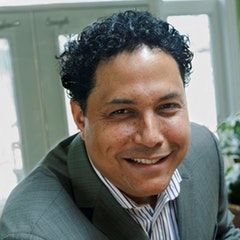 Tim Attia, CEO and Co-Founder, Slice Labs, Inc.
Tim Attia, CEO and Co-Founder, Slice Labs, Inc.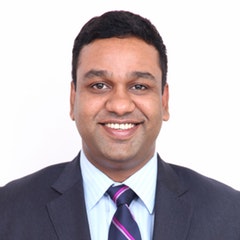 Arun Balakrishnan, CEO, Xceedance
Arun Balakrishnan, CEO, Xceedance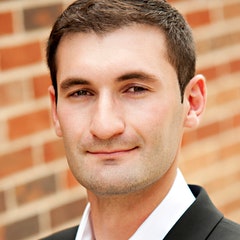 Ilya Bodner, CEO, Bold Penguin
Ilya Bodner, CEO, Bold Penguin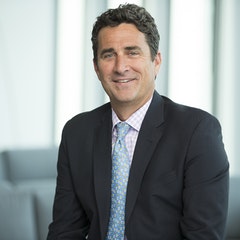 Bobby Bowden, Executive Vice President, Chief Distribution and Marketing Officer, Allied World
Bobby Bowden, Executive Vice President, Chief Distribution and Marketing Officer, Allied World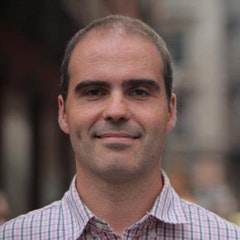 Andy Breen, Senior Vice President, Digital, Argo Group
Andy Breen, Senior Vice President, Digital, Argo Group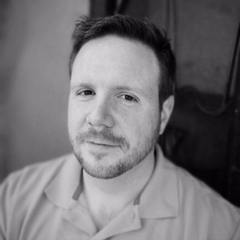 Adam Cassady, CEO, Tyche Risk
Adam Cassady, CEO, Tyche Risk Chris Cheatham, CEO, RiskGenius
Chris Cheatham, CEO, RiskGenius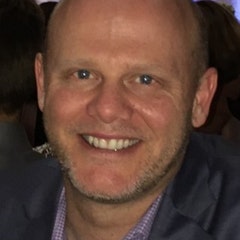 Trent Cooksley, Head of Open Innovation, Markel Corporation
Trent Cooksley, Head of Open Innovation, Markel Corporation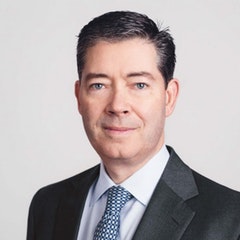 Mike Foley, CEO, Zurich North America
Mike Foley, CEO, Zurich North America Guy Goldstein, Co-Founder and CEO, Next Insurance
Guy Goldstein, Co-Founder and CEO, Next Insurance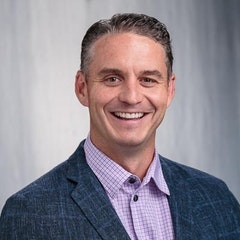 Mike Greene, CEO & Co-Founder, Hi Marley
Mike Greene, CEO & Co-Founder, Hi Marley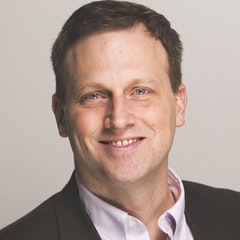 Brian Hemesath, Managing Director, Global Insurance Accelerator
Brian Hemesath, Managing Director, Global Insurance Accelerator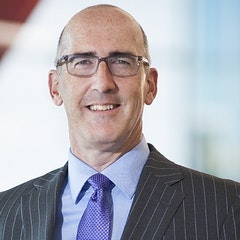 Russell Johnston, CEO, QBE North America
Russell Johnston, CEO, QBE North America Dr. Henna Karna, Managing Director and Chief Data Officer, XL Catlin
Dr. Henna Karna, Managing Director and Chief Data Officer, XL Catlin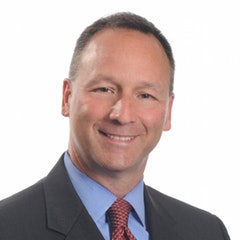 Tony Kuczinski, President and CEO of Munich Re, US
Tony Kuczinski, President and CEO of Munich Re, US Rashmi Melgiri, Co-Founder, CoverWallet
Rashmi Melgiri, Co-Founder, CoverWallet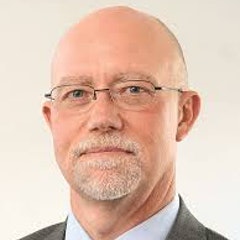 David W. Miles, Co-Founder and Managing Partner, ManchesterStory Group
David W. Miles, Co-Founder and Managing Partner, ManchesterStory Group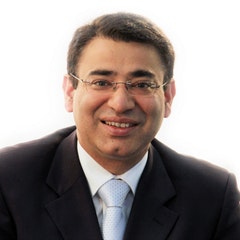 Pranav Pasricha, CEO, Intellect SEEC
Pranav Pasricha, CEO, Intellect SEEC Mike Pritula, President, RMS
Mike Pritula, President, RMS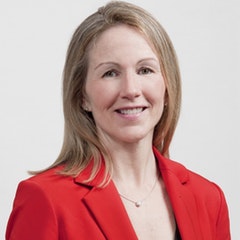 Kathleen Reardon, CEO, Hamilton Re
Kathleen Reardon, CEO, Hamilton Re Jeff Richardson, Senior Vice President, OneBeacon Insurance Group
Jeff Richardson, Senior Vice President, OneBeacon Insurance Group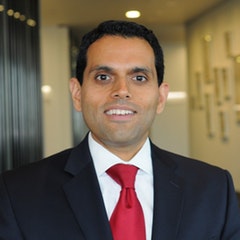 Vikram Sidhu, Partner, Clyde & Co
Vikram Sidhu, Partner, Clyde & Co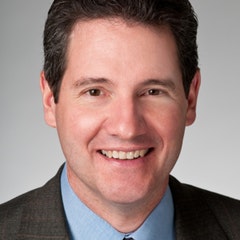 Christopher Swift, CEO, The Hartford
Christopher Swift, CEO, The Hartford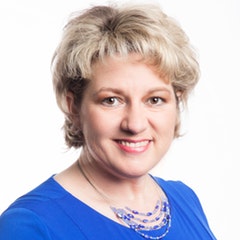 Rebecca Wheeling Purcell, Schedule It
Rebecca Wheeling Purcell, Schedule It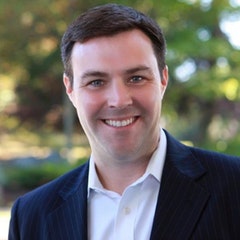 Keith Wolfe, President US P/C—Regional and National, Swiss Re
Keith Wolfe, President US P/C—Regional and National, Swiss Re

Get the responses of all 26 leaders neatly packaged in single PDF download. More than 43 pages of content.




















 Allianz Built an AI Agent to Train Claims Professionals in Virtual Reality
Allianz Built an AI Agent to Train Claims Professionals in Virtual Reality  Beazley Agrees to Zurich’s Sweetened £8 Billion Takeover Bid
Beazley Agrees to Zurich’s Sweetened £8 Billion Takeover Bid  Execs, Risk Experts on Edge: Geopolitical Risks Top ‘Turbulent’ Outlook
Execs, Risk Experts on Edge: Geopolitical Risks Top ‘Turbulent’ Outlook  AIG, Chubb Can’t Use ‘Bump-Up’ Provision in D&O Policy to Avoid Coverage
AIG, Chubb Can’t Use ‘Bump-Up’ Provision in D&O Policy to Avoid Coverage 
